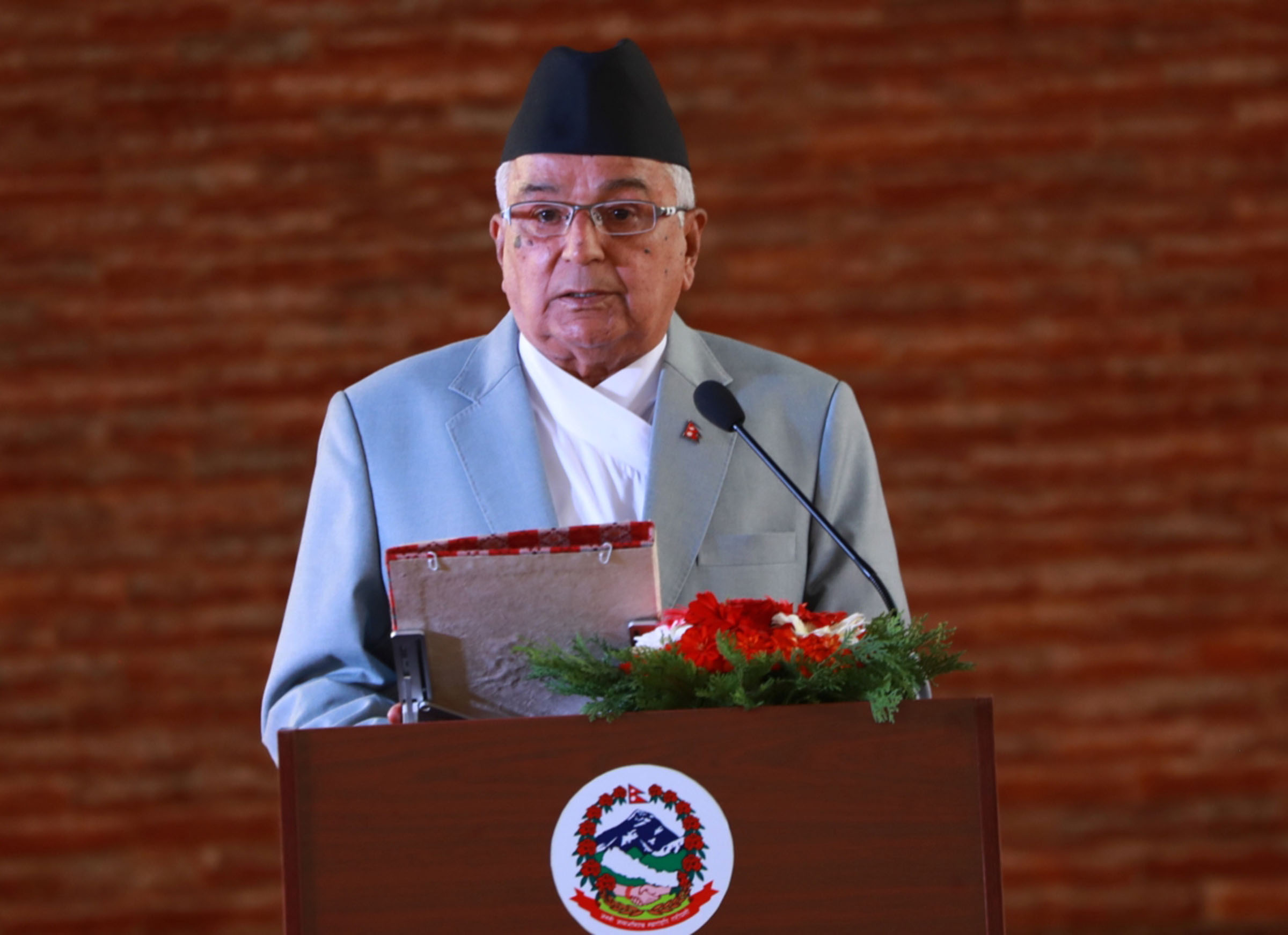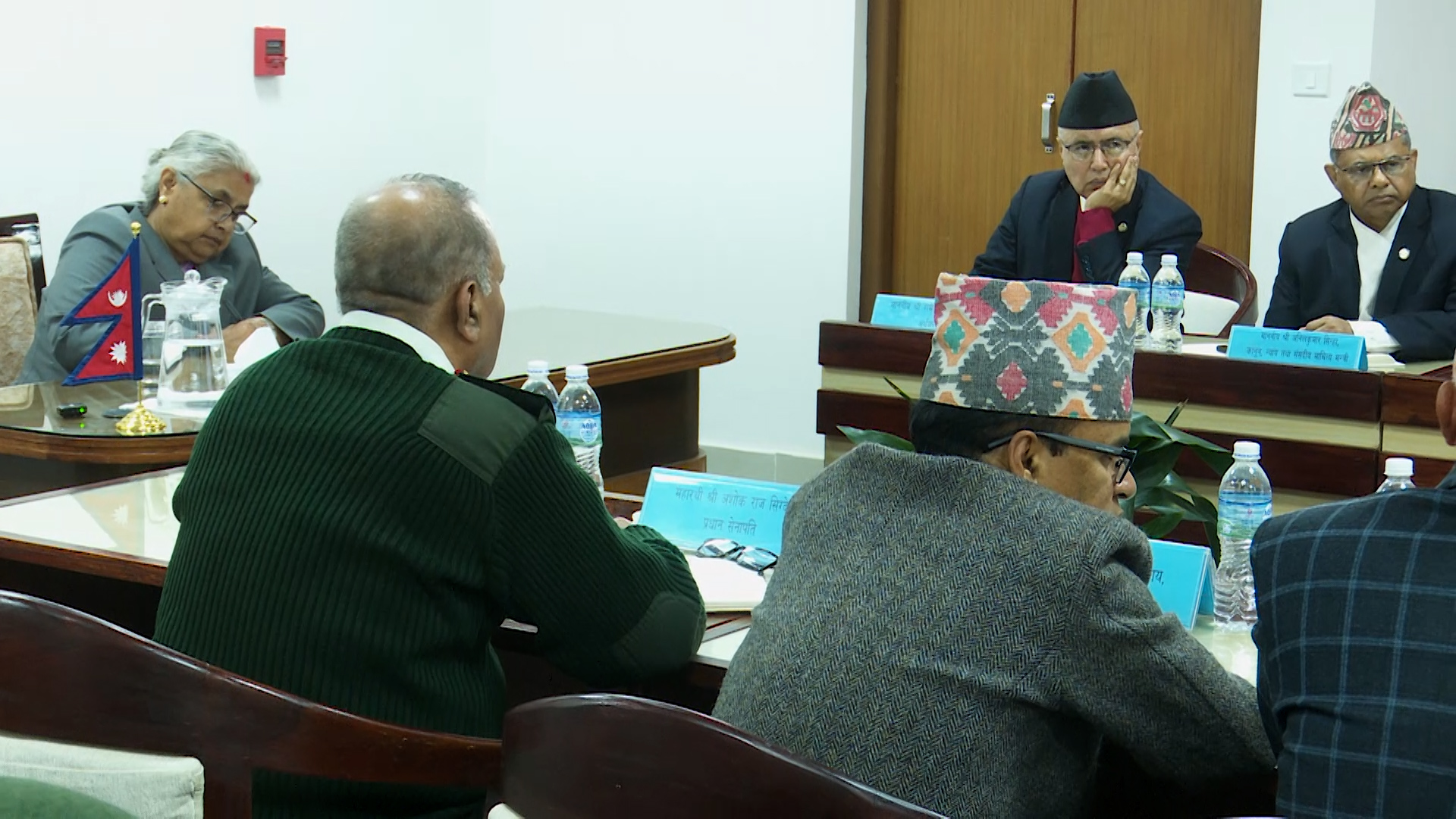Tensions Rise Among Ukrainian Immigrants Worldwide Post-Russia-Ukraine War

Kathmandu, Mar 24: The aftermath of the Russia-Ukraine war continues to reverberate globally, with tensions emerging among Ukrainian immigrants living around the world. Over 45 million Ukrainian citizens were forced to leave their country due to the conflict, leading to a myriad of challenges and complexities for both the refugees and host countries.
In Sri Lanka, where visas were extended to Ukrainian and Russian citizens amid the war, reports have surfaced indicating that around 40,000 individuals from these communities are engaged in illegal business activities. Sri Lanka’s Labor Minister, Manusha Nanayakara, has stated that the government is taking measures to address these illegal establishments.
Meanwhile, Germany has pledged significant financial support amounting to 54 thousand crore rupees to assist one million Ukrainian refugees in 2024. Each refugee receives Rs 50,000 per month, leading to debates and criticisms regarding the impact of such generous aid on refugees’ willingness to work.
In the United Kingdom, more than 2.5 million Ukrainian refugees reside, with a notable percentage facing unemployment. With over 1.2 million people arriving in Britain from abroad last year, there is a growing demand to reconsider the benefits provided to Ukrainian refugees.
Poland, known for providing substantial shelter to Ukrainian refugees, is experiencing protests despite its leading role in hosting refugees. The Polish government’s decision to reduce aid to 1.5 million Ukrainian refugees has sparked discontent, particularly among the 65 percent of Ukrainians in Poland who express reluctance to return home.
The influx of Ukrainian businessmen in Poland has also led to tensions, as local business owners express frustration amid increasing competition. Before the war, 200 Ukrainian business units were registered monthly, rising to 3,000 per month by June 2023, exacerbating economic anxieties among local entrepreneurs.
These developments underscore the multifaceted challenges posed by large-scale displacement and highlight the need for coordinated efforts to address humanitarian needs while balancing economic and social implications in host countries. As the situation evolves, governments and communities must navigate these complexities to foster inclusivity, support, and sustainable solutions for displaced populations worldwide.
Facebook Comment
latest Video
Trending News
- This Week
- This Month

















